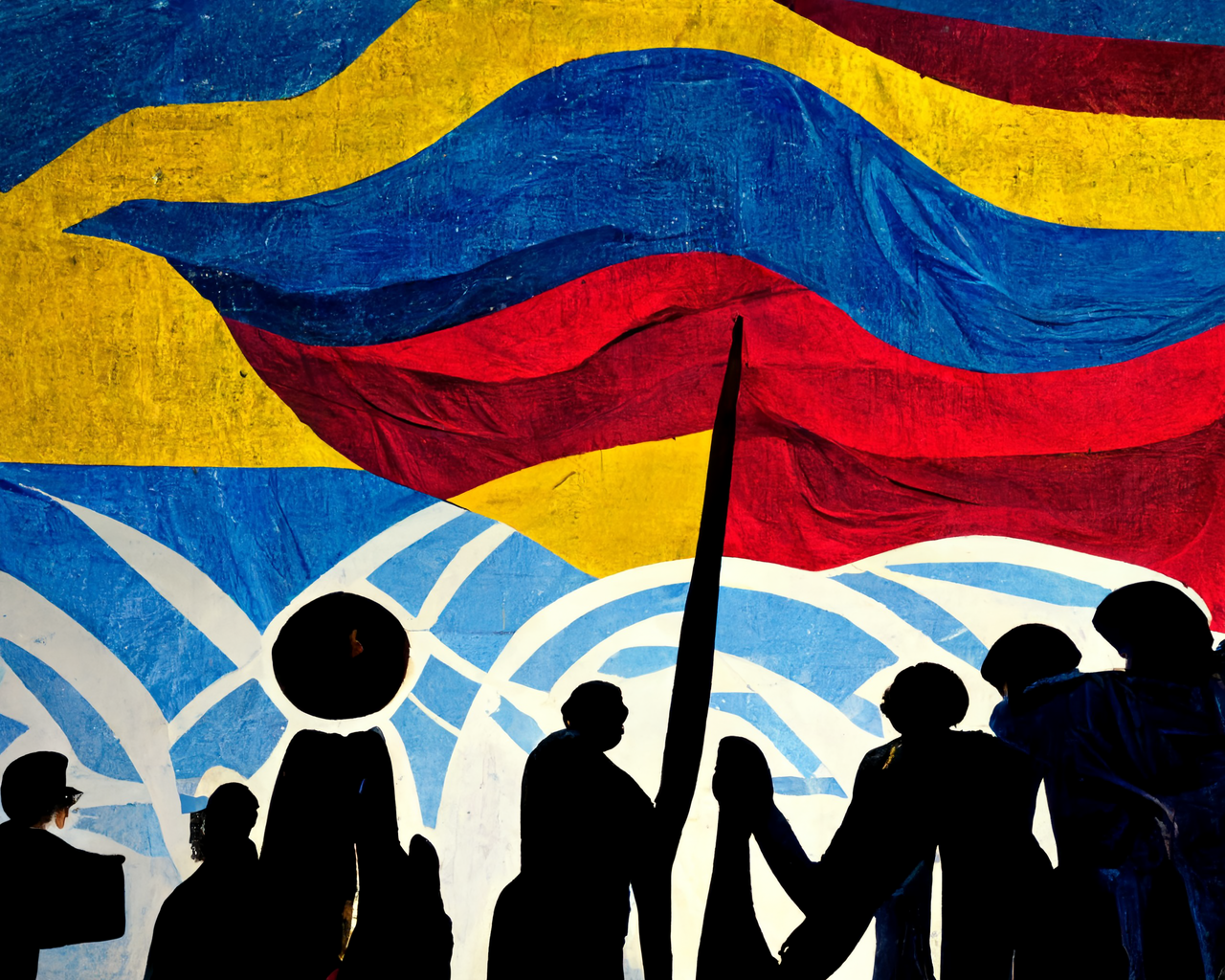
Launch of the Network of defenders rights' protection in Africa
ISHR, in collaboration with partners, has established a network of legal professionals for the protection of human rights defenders in Africa.
ISHR

Throughout its 85th session, the African Commission on Human and Peoples’ Rights (ACHPR) saw the periodic reviews of Egypt, Tunisia, and Botswana, a report by the fact-finding mission on Sudan, and panels on the elimination of racial discrimination, the externalisation of migration management, and the right to a healthy environment.
The 85th session ran from 7 October to 30 October, with an online private section from 7 to 17 October and a public in-person session in Banjul, from 21 to 30 October.
The public session was open to State representatives, African Union (AU) officials, representatives of international organisations, of national human rights institutions (NHRIs), and of non-governmental organisations (NGOs).
In line with the 2025 AU theme of the year, this ordinary session’s theme was ‘Justice for Africans and People of African Descent through Reparations’.
The public session was also preceded by the NGO Forum and ISHR’s inaugural training program for African human rights defenders on the African human rights system.
On 21 October, the opening ceremony of the public session featured speeches from 12 keynote speakers, including, Hannah Foster, Executive Director of the African Centre for Democracy and Human Rights Studies, and Commissioner Rémy Ngoy Lumbu, outgoing Chairperson of the ACHPR.
On the election of the new ACHPR Bureau, during the first day of the public session, Commissioners Idrissa Sow and Hatem Essaiem were elected Chairperson and Vice-Chairperson of the ACHPR, respectively.
On the situation of human rights in Africa, 60 NGOs made oral statements, including ISHR, whose statement called attention to the worsening human rights situation in the Sahel, Guinea, Madagascar, and Palestine, in particular the situation of human rights defenders. It further called for the ACHPR to fully support the legislative protection of defenders at the domestic level in Africa and to urge States to impose sanctions on Israel for its genocide of the Palestinian people.
All 11 Commissioners presented their intersessional activities reports, including Commissioner Rémy Ngoy Lumbu, Special Rapporteur on Human Rights Defenders and Focal Point on Reprisals in Africa, and Commissioner Janet Ramatoulie Sallah-Njie, Special Rapporteur on the Rights of Women in Africa. This was an opportunity for ISHR to make a statement and support a joint statement with the Women Human Rights Defenders Network of Uganda, calling attention, respectively, to cases of acts of intimidation and reprisals against human rights defenders in Africa and to the dire situation of women human rights defenders in Uganda in particular.
The ACHPR convened 10 official panels, including on the 60th anniversary of the International Convention on the Elimination of All Forms of Racial Discrimination, the externalisation of migration management, and the right to the environment, among others.
The Commission also adopted the following country and thematic resolutions:
On the sidelines of the session, ISHR participated as a panellist and supported the participation of human rights defenders in activities, notably the following side event, which represented an opportunity to advocate for the protection of defenders, notably the adoption and implementation of the law on the recognition and their protection:
Information on the next session of the African Commission will be communicated in due course.

ISHR, in collaboration with partners, has established a network of legal professionals for the protection of human rights defenders in Africa.

Venezuela is at a complex political juncture. In this context, sixteen national and international civil society organisations have put forward a ten-point list of priority demands.

Fifty organisations urge the UN Human Rights Council to urgently convene a special session to address an unprecedented escalation in mass unlawful killings of protesters in Iran.